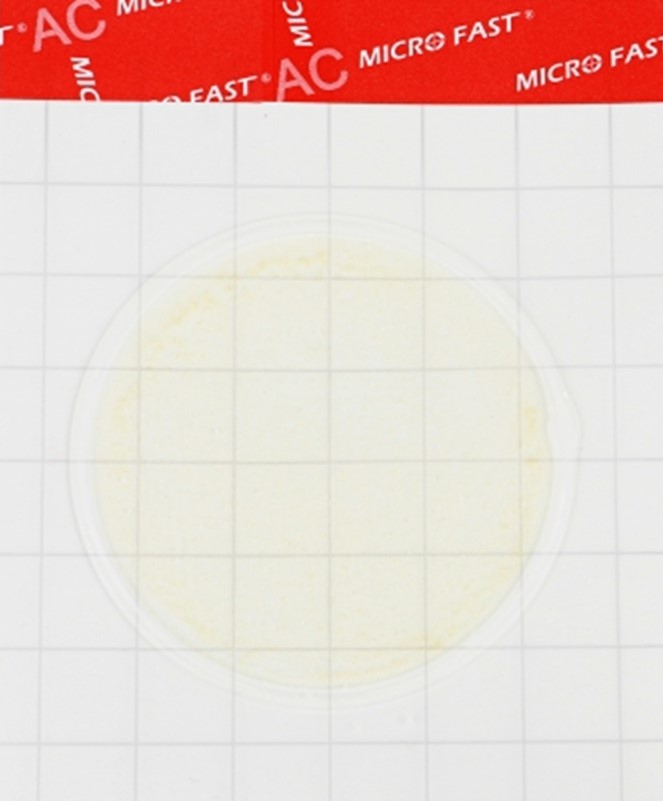Psychotherapist tells how to cope with the development of alcohol addiction

March 11, Minsk. Psychotherapist Sergei Lazarevich told the TV channel how to cope with the development of alcohol addiction, BelTA informs.
"This disease has clear contours, and it is primarily associated with the type of personality. Anxious, hyper-responsible, tense people who do a lot, burn out, are looking for a remedy that would help them make their existence easier. Gradually realizing that alcohol really relieves stress ", they become addicted. And the second part of alcoholism is the addiction itself, which gradually expands, captures more and more areas of the human personality, replacing everything. In general, alcoholism is two personalities. One is sober, which we often see, which we see at work And drunk," Sergei Lazarevich said.
Alcoholism is a disease that, without appropriate treatment, progresses rapidly and has its own stages of dependence. To diagnose them, it is enough to contact an experienced narcologist, who, by clinical signs, will be able to assess the stage of development of the disease.
“The three stages that a person goes through are quite obvious. The first is an encounter with alcohol, we will call it a kind of threshold, acute poisoning. The next stage occurs when a person, trying to relieve stress, is faced with the features of alcoholism, which are manifested by a loss of control. That is a person can drink so much that the body in the first stage is still trying to cope with this dose, but in the morning he does not experience any discomfort. That is, he will calmly go to work after morning cabbage soup, coffee or scrambled eggs, "the psychotherapist added.
In the second stage, a person becomes physically dependent on alcohol with a withdrawal syndrome, the use becomes systematic. Most patients experience memory lapses, mood swings, aggression, and a desire to increase the dose.
"It is believed that the second stage lasts approximately 10-15 years. And in the second stage a person drinks much more than in the first. This is a factor that we note in the outpatient card. That is, it is tolerance to alcohol. And this fact indicates that that the body can not cope with this dose. The third stage is coming. In fact, it has two endings. The first is premature death, it happens quite often. And the second is degradation, "Sergey Lazarevich emphasized.
According to the expert, it is difficult to overcome the pathological craving for alcohol alone. This is possible only in the initial stages of the disease. Also important is the desire to heal the patient himself. If he does not want to get rid of addiction, any treatment methods will be ineffective.
"The task is multi-level. The first is to find the nature of the disease. Secondly, to relieve stress, that is, active psychotherapeutic activity or drug treatment can be carried out. And after solving these problems, of course, the correction of alcohol addiction. It can be represented at least in three forms. We have modern computer programs using psychotechnological methods of influencing the subconscious. This is the use of chemotherapy treatment with drugs. Of course, we always add both medication and psychotherapeutic effects," the doctor concluded.



























































